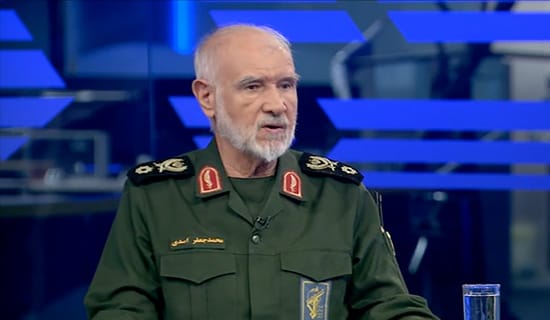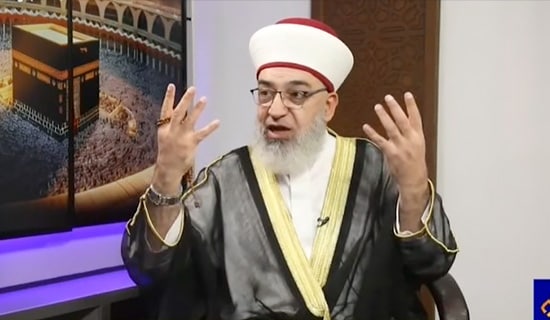
Egyptian filmmaker Khaled Youssef said that religious fascist regimes are more dangerous than political dictatorships because anybody who disagrees with the Islamist regime is seen as an infidel who disagrees with God and must, therefore, be killed. He said that political tyrannies can change over time while religious fascism stays the same because it is a black-and-white matter of faith or heresy. Youssef was interviewed on Al-Hurra TV (U.S.) on November 8, 2018.
Host: Unfortunately, we always feel that the Arab people – at least in our times – are forced to choose between two catastrophic options: Either a dictatorial police state, or a fundamentalist Islamist regime. Between these two options – the religious and the political regimes – which has a tighter grip [on society], in your opinion?
Khaled Youssef: There's no doubt that religious fascism is harsher, because if you disagree with it, you are immediately told that you disagree with God. You become an infidel and they have the right to kill you. Religious fascism is certainly [worse]. Political tyranny, by any regime, can evolve can change. It is possible that the principles that the regime upholds will change or evolve, but religious fascism will never change because it is a matter of faith and heresy. Therefore, it will always be harsher.
Host: It is either black or white.
Khaled Youssef: Right, and they don't believe in democracy.
Host: Correct, because it is based on…
Khaled Youssef: It is based on the notion that all my opinions are correct, and whoever disagrees with me is automatically placed on the side of the infidels, who will go to Hell but who must also be tormented in this world and have their heads cut off…
Host: We must not forget that in many cases, the political authorities work hand in hand with the religious authorities in order to tighten the noose. We can see this kind of cooperation in some countries.
Khaled Youssef: Fascist or tyrannical regimes always know how to use the danger of religious fascism. They use it to terrorize [the people] by saying: "It's either us or them."

















